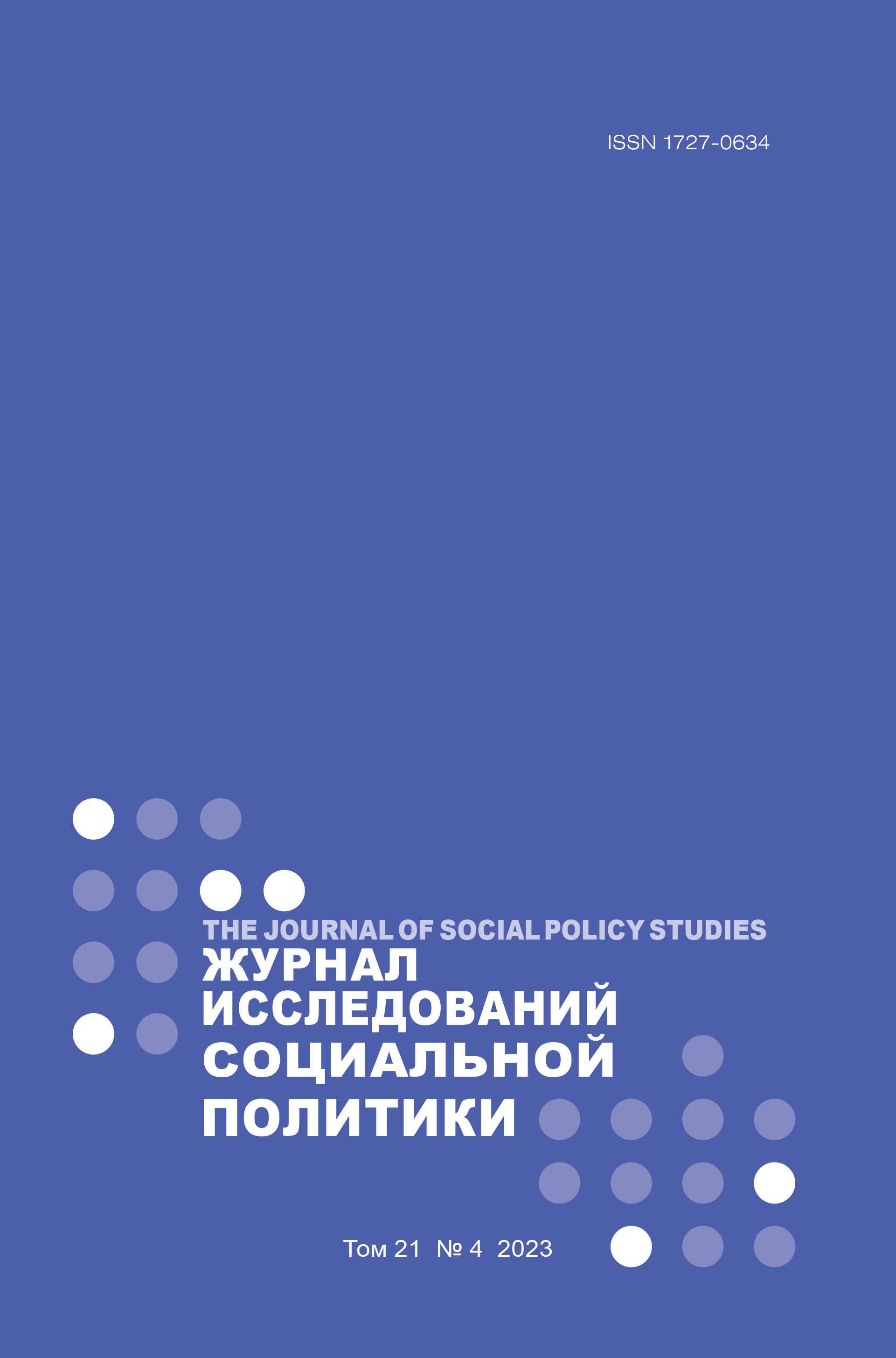Work Hard Refuse: Meanings of Work in the Narratives of Potential Employers, Intermediary Organizations, and People with Disabilities
Abstract
This study shows the diversity of meanings of labour for people with mental and / or intellectual disabilities (PWD). Our research demonstrates how the symbolic position of PWD on the labour market reflects the labour model of public perception of disability which was inherited from the USSR, and, at the same time, how the current neoliberal values exclude PWD from the set of relevant members of society, i. e. those engaged in the competitive struggle in the job market. The theoretical framework is based on the current Russian sociological discussion on the problems of inequality and social exclusion of PWD from working life. The study was conducted from November 2020 to June 2021 on the basis of the charity organization, which adapts PWD to the labour market in Saint Petersburg. The results are based on 28 interviews with potential employers, representatives of charities and NGOs, and people with mental and / or intellectual disabilities. In analyzing the meanings of labour as verbalized by PWDs, we identified 4 approaches to understanding labour (material, formal, physical, and altruistic). Furthermore, by analyzing in-depth interviews with potential employers, we discovered benefits of employing PWD (material and value-based) and 3 approaches to defining the importance of working with PWD (economic, altruistic, and status-conscious). Finally, through the analysis of interviews with representatives of the intermediary agencies, we identified alternative benefits of employing PWD (macroeconomic and functional) and detected the 4 groups of meanings of labour for PWDs (economic, functional, and progressive). The findings of the study demonstrate the differences and similarities in the perspectives of PWD and potential employers’ on the labour of workers with disabilities. The semantic mindset of the representatives of intermediary agencies demonstrate the development potential of the employers’ perception of disability and the possibilities of the transition from the labour model of disability to the social one.















